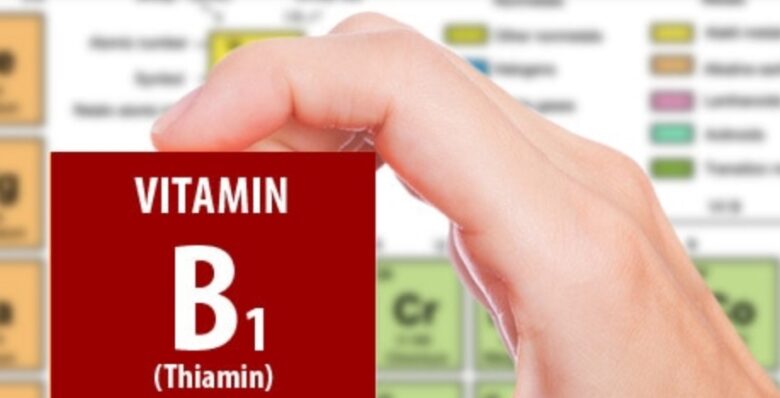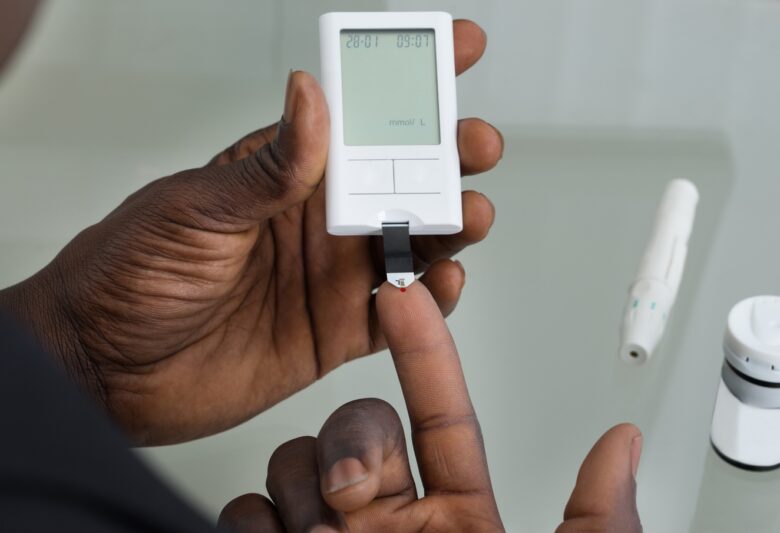Diabetes patients have unique nutritional needs, but it’s also important to include vitamins to help lower blood sugar and minerals in your diet—a necessity that is frequently disregarded. Unfortunately, there is less research showing how, if at all, particular vitamins and minerals might influence diabetes. For example, Metformin has several side effects, including diarrhea, weakness, vomiting, nausea, and upset stomach. One of the finest treatments for type-2 diabetes is GlucoRedi, Licorice, Berberis, Gymnema Sylvestre, and other substances that may be considered natural are included.
Let’s move on and have a look at the vitamins to lower blood sugar.
Nevertheless, those with diabetes need to take extra care to ensure they obtain key nutrients regularly. The vitamins to help lower blood sugar for diabetics and strategies for ensuring regular vitamin intake are covered in this article. By delaying the digestion of carbohydrates and sugars, so they enter your system more slowly, check products that employs natural substances to regulate blood sugar levels.
Additionally, it could increase insulin sensitivity and encourage the pancreatic release of insulin. Additionally, the blood sugar supplement contains antioxidants, which may aid in scavenging free radicals and lowering oxidative stress. It could support the body’s healing process and boost immunity and general wellness. Anti-inflammatories also help to improve digestion and maintain healthy cardiovascular functioning by reducing swelling in the body.
A nutritional supplement employs natural components that are proven to help regulate blood sugar levels. In the long term, ingredients like Gymnema Sylvestre may help avoid diabetes problems, according to a Journal of Nutrition research.

Source: medium.com
Contents
Get a Blood Test First
It’s crucial to understand what you need and how much of any diabetic supplements you take before beginning them. Your healthcare practitioner may determine this with a quick blood test. It is crucial since consuming too much of a vitamin may be detrimental. For instance, Sheth notes that excessive amounts of vitamin D can accumulate and become hazardous if you continuously take more than you require since it is deposited in body fat. You and your doctor may decide whether taking supplements is necessary to treat your vitamin deficit.
Vitamins To Help Lower Blood Sugar!
Diabetes, whether type 1 or type 2, has no known treatments that could be considered effective. However, this condition may be managed by leading a healthy lifestyle and regularly eating a diet high in nutrients.
Metformin is used to treat diabetes mellitus patients. Due to this, vitamin B12 insufficiency is now more likely. To effectively treat diabetic neuropathy, people over 50 must consume vitamin B12 (2.4 mcg) daily. Utilize the list above to your advantage and select your favorite vitamin B12-rich foods to address the deficit.
- Micronutrient malnutrition can cause insulin resistance, which can contribute to the development of diabetes.
- This is so because most micronutrients strengthen the immune system and stop the loss of beta cells, which produce insulin.
- Micronutrient-rich diets will encourage the pancreas to create more insulin.
- As a result, it lowers the chance of developing insulin resistance and aids in controlling the body’s blood glucose levels.

Source: medicalnewstoday.com
Why are Particular Vitamins To Lower Blood Sugar Necessary for Diabetics?
It’s not that those with diabetes have poor vitamin absorption or digestive problems (unless you suffer from gastroparesis, commonly found in people with diabetes). Instead, vitamins enhance a person’s diet, especially if they have trouble getting enough fruits and vegetables. In addition, they are essential for maintaining good health if you have a chronic illness like diabetes.
Always consult your physician, who could send for blood testing to check for vitamin deficits. You may select the ideal supplement for you and your lifestyle by working with your care team. Here is a list of vitamins to lower blood sugar:
-
Thiamin (B1)

Source: healthcastle.com
One of the finest vitamins to lower blood sugar is B1. Compared to those without diabetes, those suffering from type 1 or type 2 diabetes have lower blood levels of thiamin and are often at a higher risk of developing thiamin deficiency.
-
B12 vitamin
Red blood cell health and brain health depend on vitamin B12. A person with a vitamin B12 deficiency may worsen their symptoms if they have diabetes and nerve damage in their hands and feet. According to studies, prolonged usage of the diabetic medication Metformin might cause a vitamin B12 deficiency.
-
Vitamin A

Source: doctorkiltz.com
Vitamin A helps maintain healthy mucous membranes better equipped to fend off sickness because of its powerful antioxidant properties. Furthermore, it helps to delay the onset of age-related muscle deterioration, heart disease, arthritis, and Alzheimer’s disease.
-
Chromium
It could be more difficult to control blood sugar levels if you don’t get enough chromium. The insulin production by the pancreas is aided by chromium. However, it’s still unclear if a supplement can be beneficial: In persons with type 2 diabetes, supplementation has been shown to reduce A1C and fasting blood sugar levels in some earlier studies but less so in more recent studies.
-
Vitamin D

Source: cancer.ie
Research from Denmark found that chronically low vitamin D levels in persons with diabetes might raise the risk of complications and mortality. Vitamin D is one of the vitamins to lower blood sugar whose deficits are connected to the development of diabetes.
-
Magnesium
Magnesium helps the body process and utilize nutrients from the foods we eat daily, strengthens bones, regulates heart rate, and supports a healthy immune system.
People with type 2 diabetes usually have inadequate levels of this crucial vitamin. Research published in Diabetes Care indicated that consuming magnesium frequently may reduce one’s chance of acquiring type 2 diabetes completely. Low magnesium levels are related to insulin resistance.
-
Vitamin E

Source: healthline.com
In addition to enhancing insulin effectiveness and oxygenating the blood, vitamin E fights environmental contaminants. The probability of getting type 2 diabetes is decreased by taking a vitamin E supplement. It also aids in maintaining healthy blood sugar levels in those who already have diabetes. Therefore, vitamins to help lower blood sugar are to be used.
-
Vitamin C
Low levels of vitamin C are a problem for many people with diabetes. Increasing one’s vitamin C consumption aids in reducing blood levels of sorbitol, which can be detrimental at high concentrations and may lead to kidney and retinal damage, two typical consequences of diabetes. Hence, Vitamin C is a must in the list of vitamins to lower blood sugar.
-
Diabetes antioxidants

Source: nutraingredients-latam.com
High blood sugar levels, or hyperglycemia, can oxidize glucose and produce free radicals. An abundance of free radicals in the body can cause vascular damage, blood vessel malfunction, and neuron dysfunction, which raises the risk of diabetic neuropathy.
By scavenging free radicals, antioxidants reduce the likelihood of problems. Consuming antioxidants like vitamin C and alpha lipoic acid (ALA)—either naturally in food or as supplements—can reduce the chance of developing diabetic diseases. They are advantageous in the treatment of diabetes as a result.
Conclusion :
Type 2 diabetes is more likely to grow when vitamin D and vitamin A deficiencies exist. Vitamin A decreases the synthesis of insulin and raises blood sugar levels. In the end, it results in the onset of type 2 diabetes.
Furthermore, vitamin D raises insulin sensitivity. As a result, type 1 and type 2 diabetes are brought on by a vitamin shortage that promotes insulin resistance. Modifying dietary practices and leading a different lifestyle is part of managing diabetes. So make sure to incorporate the important vitamins for diabetics in your diet. But it would be best to speak with a doctor before changing your diet.
